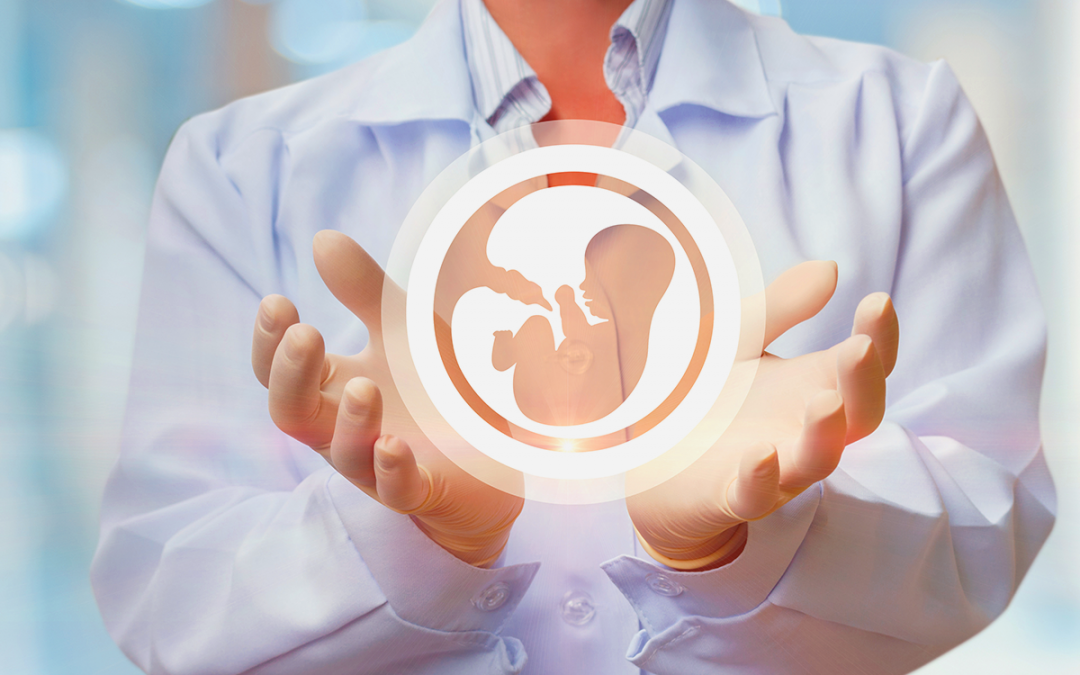Best Fertility Center Near Me In Jabalpur
Home Best Fertility Center Near Me In Jabalpur

Best Fertility Center Near Me In Jabalpur
Fertility is the capability of a couple to produce a child through reproduction following the onset of sexual maturity. The fertility rate is the average number of children born by a female during her lifetime. Fertility is affected when there is a difficulty or an inability to conceive naturally, which is referred to as infertility. Infertility is widespread, with fertility specialists available all over the world to assist mothers and couples who experience difficulties having a baby.
Infertility may be caused by a male partner or by a female partner or both. If a male faces an issue, it’s called male infertility. If female faces an issue with reproduction then called female infertility.
Male infertility
According to the study, nearly 1 in 7 couples is infertile, which means they haven’t been able to conceive a child even though they’ve had frequent, unprotected sexual intercourse for a year or longer. In up to half of these couples, male infertility plays a partial role in reproduction.
Male infertility is mainly caused by low sperm production, abnormal sperm function or blockages that prevent the delivery of sperm, and many more. Illnesses, injuries, chronic health problems, lifestyle choices, and other factors may also affect male infertility.
Male fertility is a complicated process. To get your partner’s natural conception, the following must occur:
- produce healthy sperm. This involves the growth and formation of the male reproductive organs during puberty. At least one testicle must be functioning correctly to achieve pregnancy, and the body must produce testosterone and other hormones to trigger and maintain sperm production.
- Sperm have to be carried into the semen. In the testicles, sperm are produced, and delicate tubes transport them until they mix with semen and are ejaculated out of the penis.
- There needs to be enough sperm in the semen. If the sperm count is low, it decreases the chance to fertilize the partner’s egg. A low sperm count is fewer than 15 million sperm per milliliter of semen or fewer than 39 million per ejaculate.
- The sperm must be functional and able to move. If the motility or function of the sperm is abnormal, the sperm are not able to reach or penetrate the egg.
female infertility
Infertility is defined as trying to get pregnant with frequent, unprotected intercourse for at least a year with no pregnancy.
According to the study, infertility results from female factors about one-third of the time and both female and male factors about one-third of the time. The cause is either unknown or a combination of male and female factors in the remaining cases.
Female infertility causes can be difficult to diagnose. There are many causes of infertility in females including ovulation disorders, polycystic ovary syndrome (PCOS), hypothalamic dysfunction, primary ovarian insufficiency, prolactin, damage to fallopian tubes, endometriosis, etc. There are many treatments, depending on the infertility cause. Many infertile couples will conceive a child without treatment. In some cases, the cause of infertility is never found. A combination of several factors in both partners could cause infertility problems such infertility called unexplained infertility.
For pregnancy to occur in females, every step of the reproduction process has to happen correctly. The steps in this process are:
- One of the two ovaries releases a mature egg.
- The egg is picked up by the fallopian tube.
- Sperm swim up the cervix, through the uterus, and into the fallopian tube to reach the egg for fertilization.
- The fertilized egg travels down the fallopian tube to the uterus.
- The fertilized egg implants to the inside of the uterus and grows.
In women, a number of factors can disrupt this process at any step and cause infertility. Female infertility is caused by one or more of the factors.
Assisted reproduction
In some cases of abnormal semen quality, blocked fallopian tubes or any other condition doctors may suggest intrauterine insemination (IUI). This procedure may involve taking a drug to a female partner to support egg development. At the time of ovulation, take the partner’s semen, and process this sample washed and concentrated. and placed in the uterus during ovulation or the day after ovulation using a long, flexible tube.
If the sperm count is very low or less than 5 million per ml and medicine is not effective, at low AMH or any other condition in which natural conception is not possible then in vitro fertilization (IVF) may be a better option. In this procedure, doctors give the female partner certain drugs to develop healthy eggs and retrieve the mature eggs surgically. Sperm can be collected and fertilized the eggs using the ICSI technique. ICSI is an effective treatment for men as well as females with infertility.
How we chose
The products included in this article were selected based on the following criteria:
- Ingredients. We looked for supplements that contain high quality ingredients and are free of unnecessary additives, fillers, and dyes.
- Effectiveness. All supplements include ingredients or nutrients that have been shown to support fertility or reproductive health.
- Third-party testing. All the products included in this article have been tested by an independent lab to ensure safety and quality.
- adheres to allowable health claims and labeling requirements, per Food and Drug Administration (FDA) regulations.
- is manufactured in facilities that adhere to current good. manufacturing practices established by the FDA
- is produced by a medically credible company that follows ethical, legal, and industry best standards.
- is made by a company that provides objective measures of trust, such as having its supplements validated by third-party labs.
